Thursday, 16 May 2024
Menu

Fixed nets (such as nets and mangroves) and driftnets broken during storms pose the greatest threat to marine resources. These nets, which are considered to be entrapping fishing gear, are made of thin fishing yarns or styloon lines that are additionally dyed to reduce their visibility in the water.
Lost nets of this type threaten the sustainability of stocks of valuable fish species such as cod, salmonids (salmon and sea trout) and flatfish (flounder, plaice and turbot). In addition, diving birds and marine mammals can become entangled in abandoned or abandoned nets and die without respiration.
Fishing nets broken on wrecks are also a deadly threat to so-called “wreck tourism”, i.e. penetration of wrecks by divers, both professional and amateur.
[blockquote style=”2″]Over recent years, public awareness of the problem of marine litter, including ghost nets, has increased significantly. Across Europe, more and more action is being taken to reduce the negative impact of ghost nets on the marine environment. We are particularly pleased to see the commitment of fishermen to caring for the environment on which they depend. Their own initiatives, such as the “Clean Baltic” project currently being implemented in the Polish Baltic Sea zone by five fishing organisations from all along the coast, are particularly valuable,” says Marcin Ruciński of Low Impact Fisheries of Europe.[/blockquote]
Within the framework of the mentioned project, since the beginning of June this year, fishermen have fished out nearly 115 tonnes of waste (including ghost nets) from the Baltic Sea. A total of 563 small fishing vessels are involved in the activities, and the extraction actions will last until January 2018. This is the largest project of its kind ever carried out in the Baltic Sea. It will make a major contribution to the protection and restoration of marine biodiversity throughout the Baltic Sea.
Source: Press release
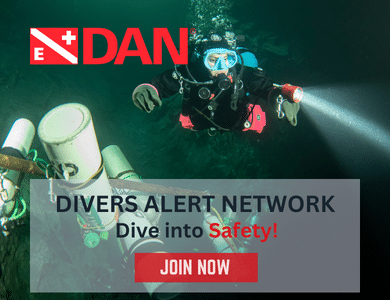
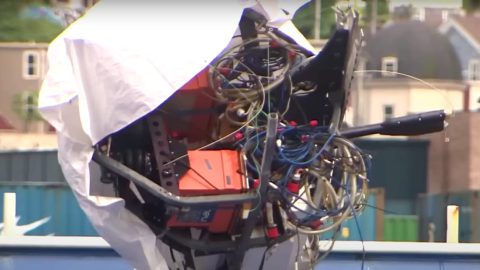



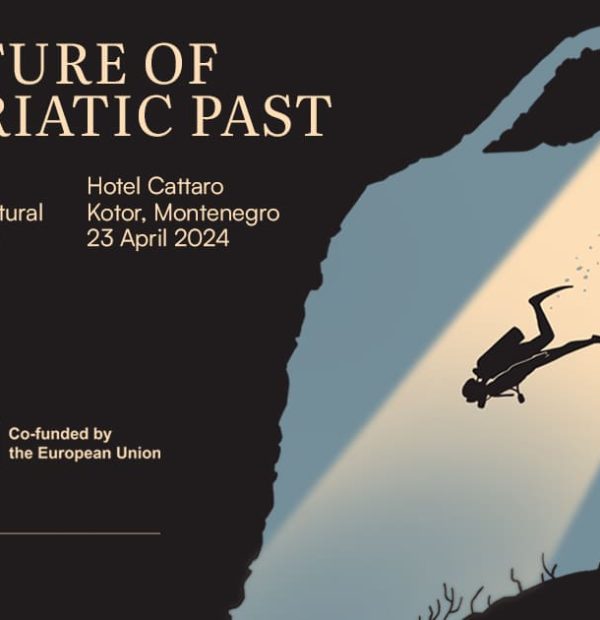
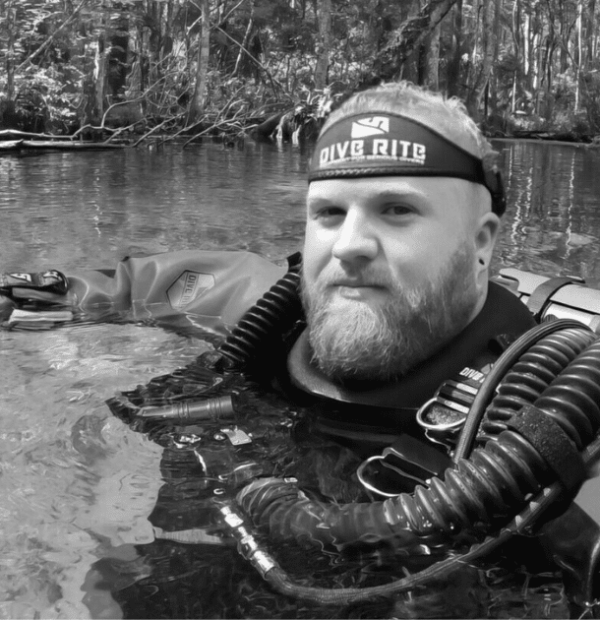
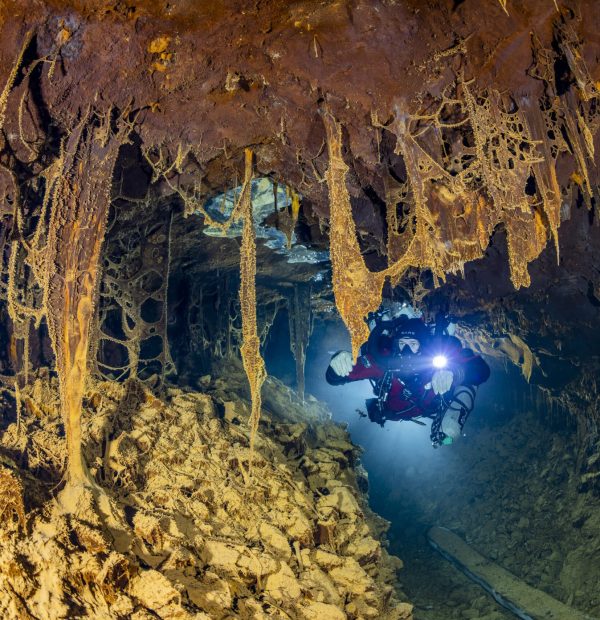
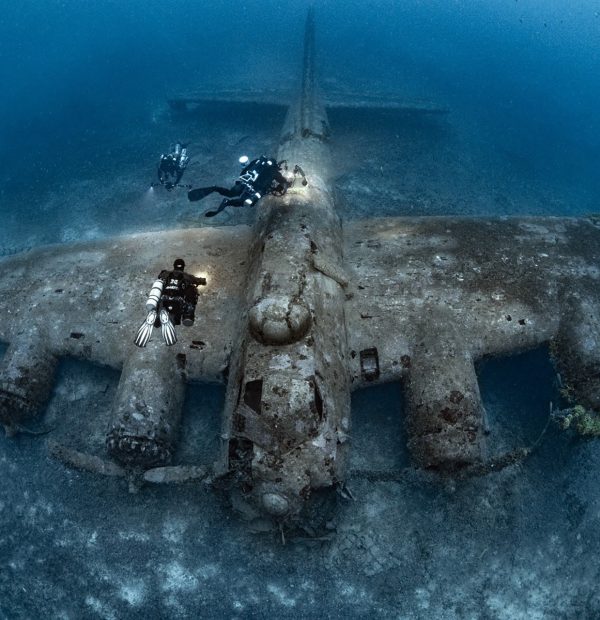

Welcome to DIVERS24.COM, your daily source of scuba news, freediving, scuba diving information, and equipment reviews. Our comprehensive coverage of the dive industry from A to Z provides you with all the latest scuba news, training updates, underwater photography tips, and everything else related to scuba diving. Whether you’re a beginner or an experienced diver looking for more knowledge about scuba gear or techniques – we’ve got it covered! With our in-depth articles written by experienced divers who have been there and done that, you are sure to find exactly what you need here at Divers24.com. Dive into scuba news today!
Underwater Media Sp. z o.o.
Szafarnia 11/F8,
80-755 Gdansk, Poland
Welcome to DIVERS24.COM, your daily source of scuba news, freediving, and scuba diving information. Sign in for a weekly news update and discount coupons for dive gear and apparel.
@2023 - underwatermedia.pl. All Right Reserved. Designed and Developed by Tworzenie stron internetowych Gdansk

The Divers24 portal is currently the largest online medium treating diving in Poland. Since 2010 we have been providing interesting and important information from Poland and around the world on all forms of diving and related activities.
Contact us: info@divers24.com